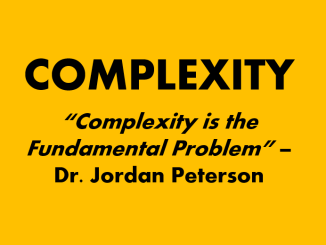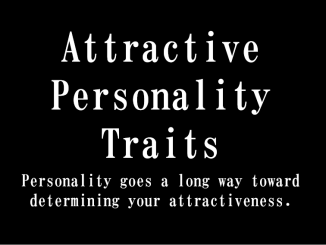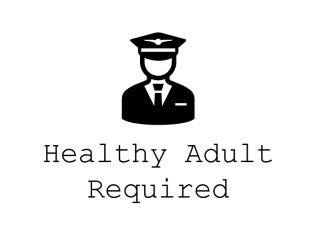I must admit, I do admire people who can play the piano, it’s a skill I would have liked to have learned, though I haven’t gone down that road in my own life yet.
But, if you’re someone who can “tickle the ivories”, or play any other musical instrument, you may be getting some assistance toward a happier outlook on life.
And, you don’t have to be a master to get the benefits, signing up for lessons can also help you boost your mood.
A new study published by researchers at the University of Bath in the UK demonstrates the positive impact of learning to play a musical instrument and how it can help to lift a blue mood.
They found beginners who undertook piano lessons for just one hour a week over 11 weeks reported significant improvements in recognizing audio-visual changes in the environment and reported less depression, stress, and anxiety.
The effects of learning to play an instrument included an improvement in cognitive abilities.
In addition, the findings show that participants also had reduced depression, anxiety, and stress scores after the training compared to before it.
The authors suggest that music training could be beneficial for people with mental health difficulties, and further research is currently underway to test this.
Cognitive psychologist and music specialist Dr. Karin Petrini from the University of Bath’s Department of Psychology, explains:
“We know that playing and listening to music often brings joy to our lives, but with this study, we were interested in learning more about the direct effects a short period of music learning can have on our cognitive abilities.
“Learning to play an instrument like the piano is a complex task: it requires a musician to read a score, generate movements and monitor the auditory and tactile feedback to adjust their further actions. In scientific terms, the process couples visual with auditory cues and results in multisensory training for individuals.
“The findings from our study suggest that this has a significant, positive impact on how the brain processes audio-visual information even in adulthood when brain plasticity is reduced.”



